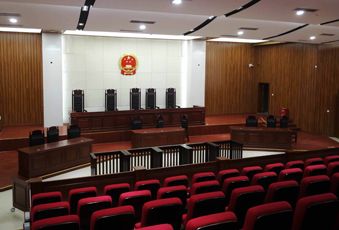Food Security
Food security is a critical concept that affects individuals, communities, and nations worldwide. It refers to the state in which all people, at all times, have physical, social, and economic access to sufficient, safe, and nutritious food that meets their dietary needs and food preferences for an active and healthy life. This definition, established by the United Nations’ Food and Agriculture Organization (FAO), highlights the multifaceted nature of food security.
The Meaning of Food Security
At its core, food security encompasses several key dimensions: availability, access, utilization, and stability. Availability means there is enough food produced and supplied within a region or country to meet the population's needs. Access refers to individuals having the resources—financial or otherwise—to obtain that food. Utilization involves the proper use of food, including preparation and consumption, to ensure it provides adequate nutrition. Finally, stability ensures that these three elements remain consistent over time, even in the face of crises like natural disasters, economic downturns, or conflicts.
Why Food Security Matters
Food security is essential for human well-being and societal development. When people lack reliable access to nutritious food, they face risks of malnutrition, hunger, and related health issues. On a larger scale, food insecurity can lead to social unrest, economic instability, and increased poverty. For example, regions experiencing prolonged droughts or political instability often struggle to maintain food security, resulting in widespread hardship.
Challenges to Achieving Food Security
Despite global efforts, achieving food security remains a challenge. Factors such as climate change, population growth, and unequal distribution of resources threaten food production and access. Additionally, economic disparities mean that even when food is available, not everyone can afford it. Addressing these issues requires coordinated efforts from governments, organizations, and communities to improve agricultural practices, enhance infrastructure, and promote equitable food systems.
In conclusion, food security is more than just having enough food—it’s about ensuring that everyone can consistently access and utilize safe, nutritious food to lead healthy lives. Understanding this term is the first step toward tackling the global challenges that prevent millions from enjoying this fundamental right.
